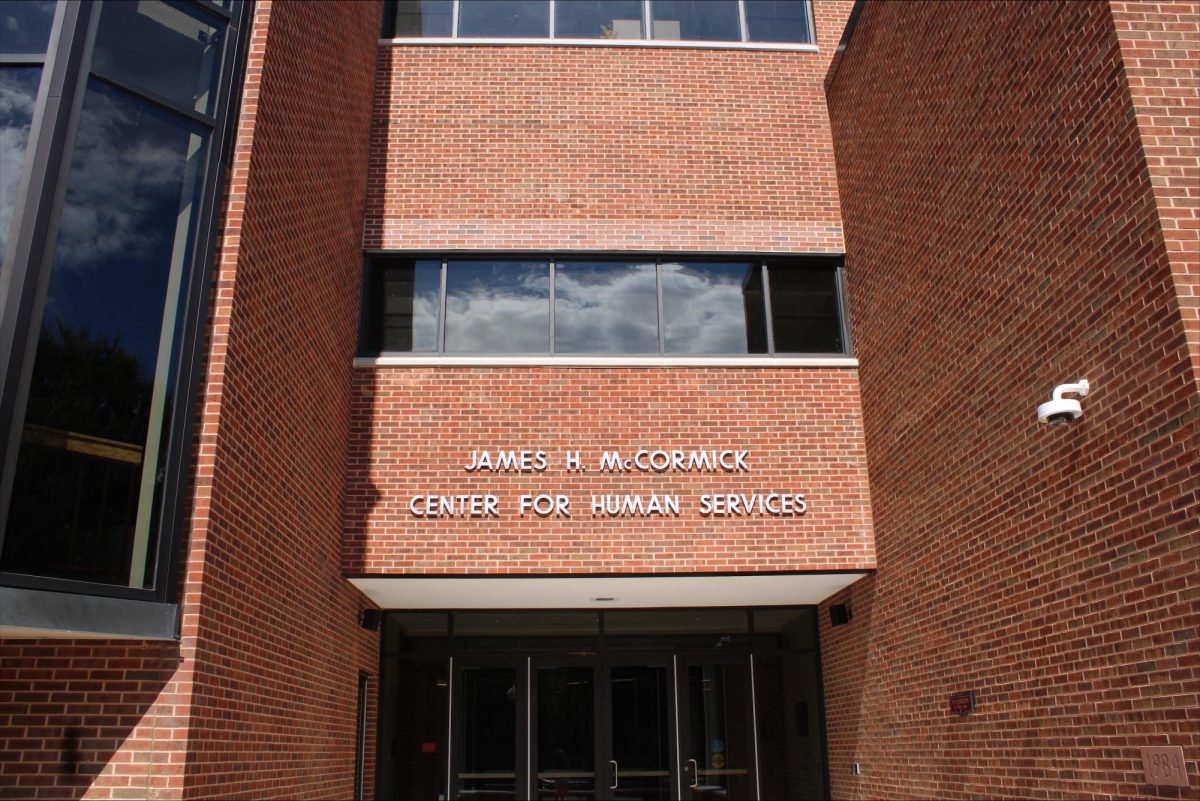Coming to a four-year university can be a scary thing, especially as a fresh-out-of-high-school eighteen-year-old like most of our campus is. One thing that was always confusing to most freshman and sophomores who are still getting accustomed to the college life is the idea of general education requirements.
When you come to college and find a major, you expect to start learning about the career path you look to pursue once you graduate. You’re lucky, though, to see any major classes before your sophomore year, and more than likely not until your junior year after general education requirements and prerequisites.
So, when you think about the fact that an almost whole two years—the equivalent of four whole semesters—is filled with classes that more than likely have little impact on your major you’ll graduate with you start to wonder: why? Why am I taking all these classes that seem meaningless? Why am I spending up to two years on these classes? And most importantly, why am I paying the same amount of money on general education classes as I am on major classes?
First, we have to understand what exactly a “liberal arts education” like the one we have offered at BU entails. Mark Montgomery, the founder and CEO of Great College Advice (which is a college admissions consultancy that spans across the United States) states, “The goal is to become broadly educated, well-rounded members of society that can understand lots of different domains of knowledge, learn how to learn and have a specialization of sorts.”
The emphasis on the idea of producing “well-rounded individuals” and showcasing an education that gives its students the ability to have knowledge in multiple areas, not just a specialization in a singular subject.
Jackson Nimesheim, a writer who wrote an article about liberal arts educations for US News in July of 2022, writes that, “Most large universities offer Bachelor of Arts degrees, which use a liberal arts curriculum. This kind of degree emphasizes a broad education and so-called soft skills like communication and writing proficiency, analytical thinking and leadership ability.”
While, on the surface, this seems like a valid answer students across the board wonder if this will be valuable skills to have post-graduation. The job search is tough as it is, and if we go into that job force with a higher emphasis on soft skills and not our desired specialization in our major, will we still be able to find jobs?
Rachel Pelta, a writer for Flexjobs, explored this very question in one of her articles. Pelta writes that, “The study [Harvard Business School Study] found that employers believe that applicants with a college degree are more ‘job-ready’ than those without a degree. Specifically, employers feel that candidates with degrees possess more hard and soft skills than non-degreed candidates.” Yet, Pelta continues, “However, at the same time, employers also admit that possessing a college degree does not guarantee that a candidate will be any better at the job than someone without a degree.”
She goes on to further her point with the fact that most employers find that both degreed and non-degreed employees possess the same productivity and retention rates. With that being said, she also shares findings from the same Harvard Business school study that found, “that 37% of employers rank experience as the most important qualification in an applicant, not educational attainment.” So, with the findings shared from one of the biggest business schools in the country, we are finding that even though employers do value the soft skills that are attained from a liberal arts education, it’s actually not the highest valued and doesn’t place any liberal arts school graduates ahead of anyone else.
Aside from post-graduation job opportunities, the worry of cost also comes up when discussing the topic of general education requirements. Evan Dayhoff, a senior transfer student who is a Business Administration major with a focus in Finance shared his personal struggles with general education requirements. He states, “My first two years were all gen-eds. I didn’t take any major based classes. I took gen-eds that I thought would fit into my major, at the time, but turns out they didn’t. It put me back a whole semester.”
One of our own Huskies had been set back in his colligate journey due to general education requirements. He also voiced distaste about the downright cost of these courses saying, “It costs the same as getting your major based classes, and it’s just a money grab.” Most students could agree that their general education requirements are either too expensive to keep up with, especially when it has nothing to do with your desired major, and can even set you semesters (or even years) and cost even more money than before.
What’s even more fascinating is that the dropout rate also correlates directly to this as well. A study by ThinkImpact in 2021 found that college freshman made up 30% of the total dropout rate, which is coincidentally the same year that you take the most general education courses. This study also showed that an overwhelming 51.04% of students drop out because they cannot financially support a college education. With these findings, and all previous data, we see the overwhelming correlation between the years of general education courses, cost, and drop-out rates. It’s an undeniable correlation that cannot be ignored especially by students themselves.
Whether you agree with the ideals of a liberal arts education and the general education requirements or not, you have to understand the worry that students themselves face. The pros and cons are virtually set at a 50/50 split. Hopefully, all students can persevere through the general education requirements and come out of post-graduation with a career path secured despite the obvious setbacks that come as well.
























